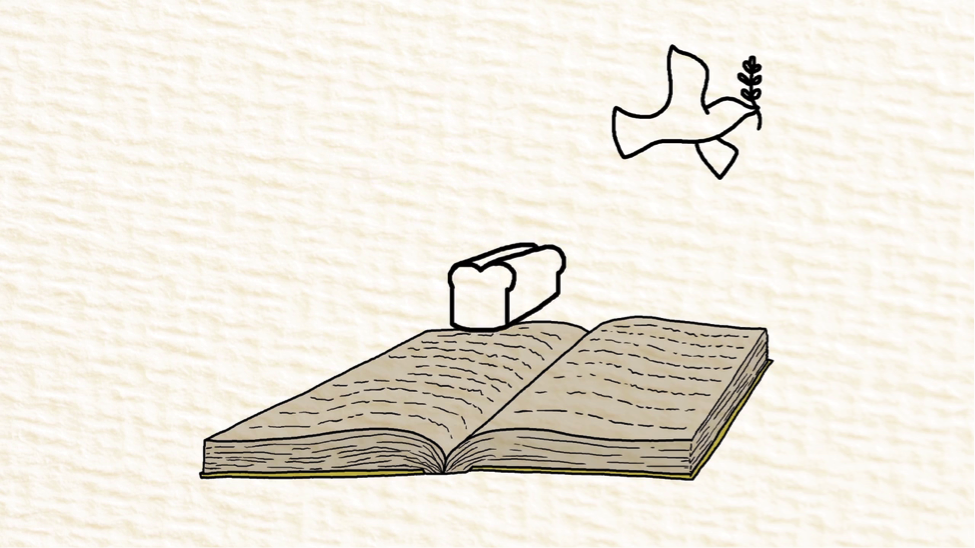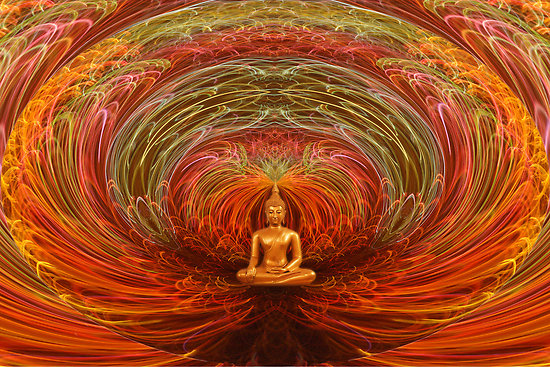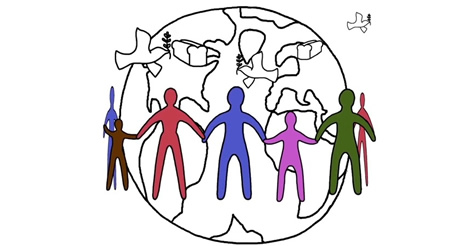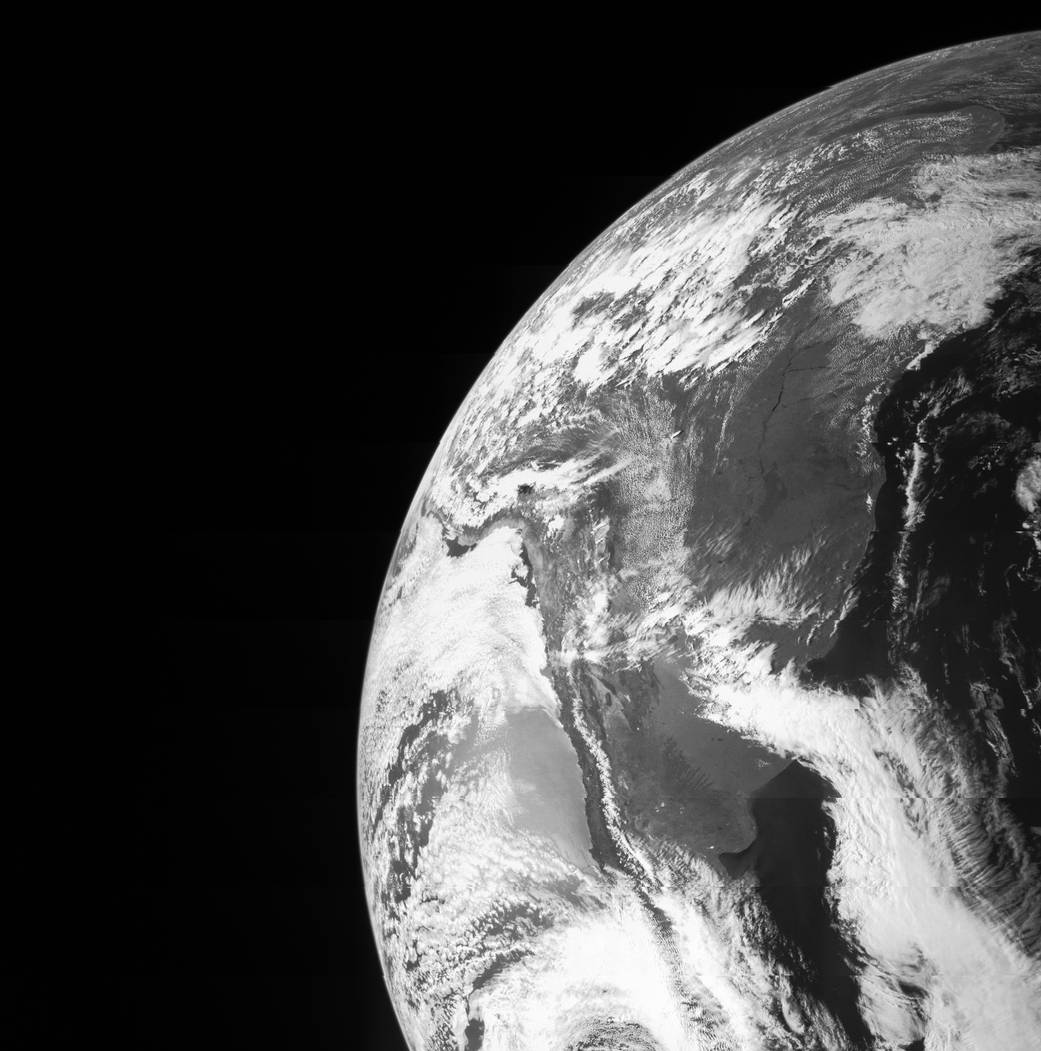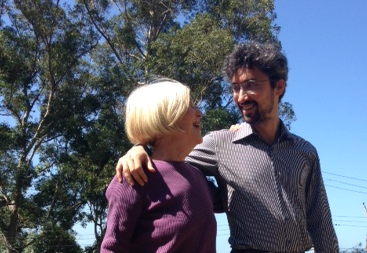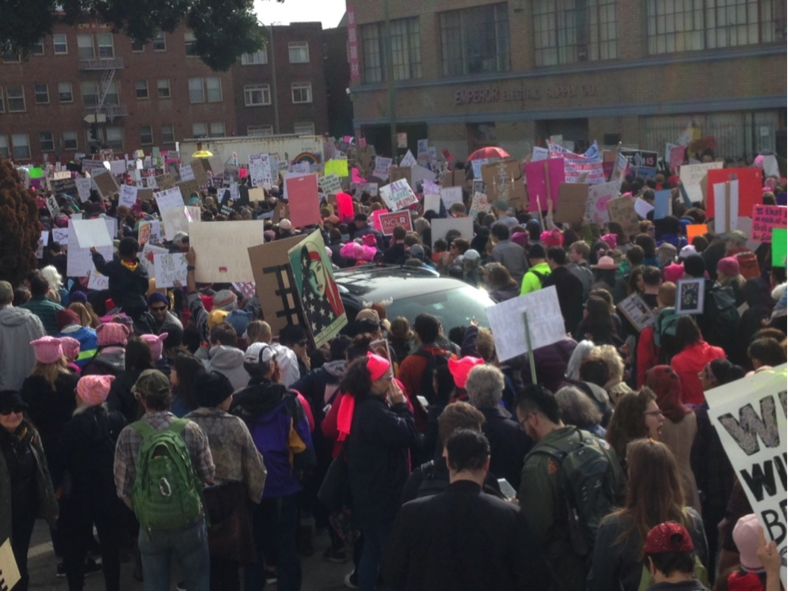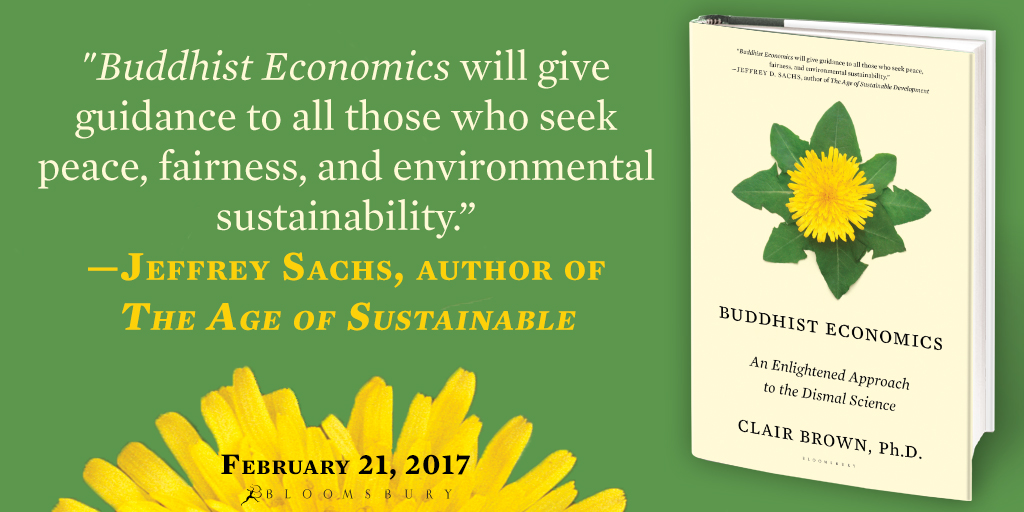Buddhist economics guides individuals to live a meaningful, happy life connected to others with compassion, and also guides nations to use resources wisely to improve the well-being of all people while living in harmony with nature.
To embrace a Buddhist approach to economics, you don’t need to practice Buddhism. You need only to care about the human spirit and share the Dalai Lama’s belief that human nature is gentle and compassionate.[i] Buddhist economics embraces a holistic economic approach that goes beyond self-centered materialism and includes sustainability, shared prosperity, and quality of life.
Let us ask how to make Buddhist economics alive in our lives. The question becomes: what makes you happy? How do you really want to live? Our economic system is a powerful force that we want to encourage the best in us as individuals and to restrain aggressive behavior that harms people and the planet.
Buddhist economics is based on what we truly value, which is a reflection of our true nature. Economic inequality, with the rich showing off their wealth and superiority, is based on false beliefs about what makes us happy. There is no problem with who we truly are. Yet when we are ignorant about human nature, we do confused and unskillful things based on misguided social conventions.
Even though we are all interdependent, we have our individual personalities and styles and talents. We don’t have to give up our unique personality, which makes life fun and helps us to navigate and enjoy daily life. Being connected to each other and Nature does not mean uniformity of action, or conformity. We want be in touch with our true nature, so that we are not driven by our ego that plays and replays our daily habits of negative thoughts and actions. Our continual judgment of ourselves and others, our attachment to possessions and relationships with continual longing for more, our ignorance of the suffering we are causing other people and nature, all these make us unhappy. If we know ourselves and are aware of the people and world around us, then our regrets about the past and our worries about the future dissolve. Buddhist economics teaches us to stop grasping and chasing, and instead look inward for happiness that comes with knowing our true nature, practicing compassion, and feeling connected to all people rather than feeling separated by our ego.
An editorial in Lion’s Roar sees hope in the character and values of UC Berkeley college students. McLeod writes, “Many young people today envision a future of service. For them, life is not about material gain. In a society that too often celebrates selfishness, Buddhism can inspire and deepen their compassion and give them the tools of mindfulness and self-care to handle the challenges of serving others. Ultimately, ethics and service are about leading a meaningful life.”[ii]
Many people have found that practicing mindfulness sitting makes them happier. They feel less like a separate self and more interconnected with the world as they shift from “me to we,” and as they see how their beliefs do not represent true reality. Studies have shown that monks’ meditation practices have changed the way their brains function, as brain activity in the right insula and both sides of their anterior cingulate cortices has increased. Other studies have observed that neuroplasticity occurred, meaning that long-term Buddhist meditators have altered the structure as well as function of their brains.[iii]
Once people’s basic needs are satisfied, we evaluate our consumption in terms of how it enables us to live meaningful lives and fulfill our human potential. Our social and creative activities allow us to enjoy life, while the idea of using consumption to distinguish yourself is silly (and destructive). We practice compassion to ourselves as we stop unproductive self-criticism. When we have negative actions, such as getting angry at our partner and shouting unkind comments, we take a break to be in touch with our love and compassion for this person. Visually we can stamp out the demon of anger. We can apologize to our partner for our ugly words, and then let all memory of the event fade away.
When our work demands and family needs keep us glued to our to-do list, our minds keep up an endless chatter about what we need to do. We are lost in our thoughts instead of enjoying the present moment. Although we are lucky in our lives with good jobs and wonderful children and friends, we are stressed out and don’t have time to enjoy life. We are tired, we are overwhelmed, and we are frustrated. Our inner wealth may be inexhaustible, but we feel exhausted by life.
We are surrounded by many people who think that human nature is not basically good or compassionate, and their fears keep them apart from others. With this assumption about selfish, aggressive human nature, we fall back on the free market model where people maximize their income and care only about themselves. Buddhist economics, with the assumption of human nature being kind and altruistic, is pushed away.
This is why human nature matters: when people are interdependent, then human nature is altruistic and caring. Then Buddhist economics approach is correct. Social welfare increases when we transfer income from the rich to those in need, or use a eudaimonic happiness approach where helping others makes one happy. The interdependence of people with nature provides the foundation of sustainability in Buddhist economics.
To embrace and practice Buddhist economics, you need courage. Courage to change, courage to protect the environment, courage to promote justice, and courage to live with joy. At the personal level, you need courage to quit the rat race of overworking to make more money, courage to live mindfully as you help others, and courage to enjoy life off the treadmill.
At the national level, you need courage to demand that your government provide the infrastructure needed for an economy that protects the environment and reduces carbon emissions, one that defines economic growth as improved well-being rather than more income. We also need the political will and courage to take action for ourselves on behalf of all species and future generations.
You need the fearlessness and nonaggressiveness of the Shambala warrior. Chogyam Trungpa taught us that confidence in our basic goodness equips us to live ethically and uplift our personal existence and that of other people.[iv]
Yes, everyone can be happy and live meaningful lives—and leave selfish materialism behind!
[i] Dalai Lama, The Art of Happiness, 10th anniversary ed, p. 54.
[ii] Lion’s Roar, July 2017, Melvin McLeod, “Ethics, Service, and a Meaningful Life”. https://mail.google.com/mail/u/0/?shva=1#search/lion’s+roar/15bb076bed3408ea?projector=1
[iii] Christof Koch, “Neuroscientists and the Dalai Lama Swap Insights on Meditation,” Scientific American, July 1, 2013. Richard J. Davidson and Antoine Lutz, “Buddha’s Brain: Neuroplasticity and Meditation,” NIH Public Access Author Manuscript, IEEE Signal Process Mag., September 23, 2010.
[iv] Trungpa, Chogyam. (1984) Shambhala: Sacred Path of the Warrior (Shambala Press).
